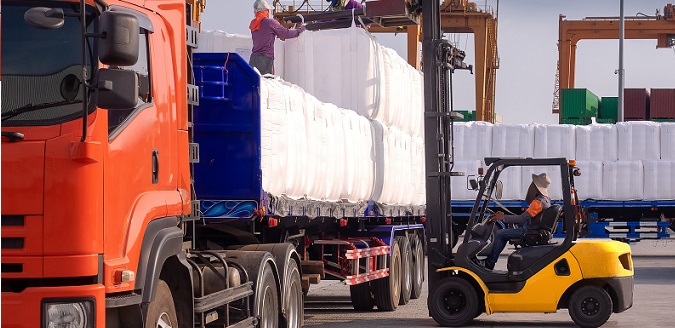New Rules for LNG Exports

MEXICO – Mexico implemented new rules regarding the import and export of fuels, which experts say could be harmful to competition in the energy sector.
Mexico’s Comision Federal de Competencia Economica (Cofece), the federal economic competition commission, published a statement in late December warning the rules would “seriously hamper competition and free markets in the commercialization of petroleum products, and would affect consumer access to supply options at the best possible prices.”
It remains unclear if the new rules would impact the Energia Costa Azul (ECA) export plant planned for Baja California’s Ensenada, which obtained permits from the Mexican government in November. The San Diego-based Sempra Energy subsidy plant would liquefy U.S.-sourced gas and send it out to Asia.
According to the new rules, Mexico will only grant export permits for shipping out excess gas after domestic demand has been met. Currently, Mexico imports 90% of its LNG.
The new bill gives Mexico’s Energy Ministry (Sener) wide discretion to revoke permits and reduced the number of years a permit is valid from 20 to five years, which could discourage long-term investment.
Opponents of the new rules questioned whether they were even legal, adding that the decision almost certainly goes against international trade and investment treaties in place, including the recently-signed United States-Mexico-Canada (USMCA) agreement.
